Key points
- After a disaster, there are a number of hazards that can make you sick or hurt you.
- Know how to protect yourself and others from injury or illness after a disaster.
Stay out of floodwater
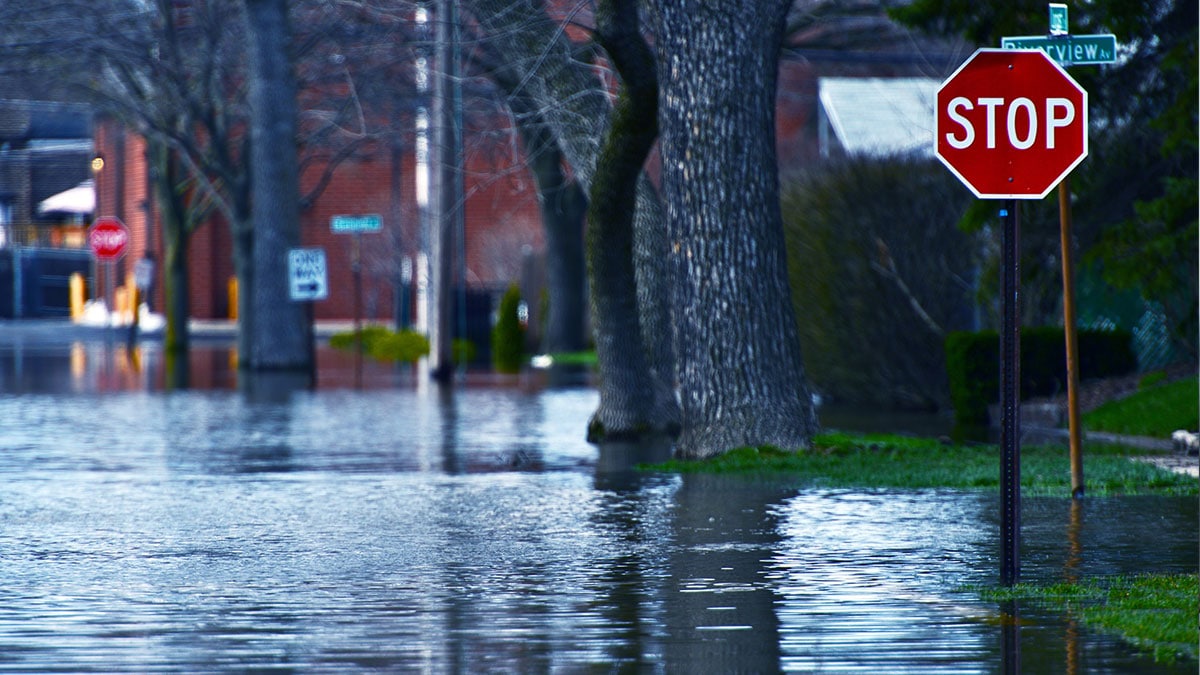
Floodwater and standing water can be dangerous and can make you vulnerable to infectious diseases, chemical hazards, and injuries. Protect yourself and your loved ones from the risks brought by floodwater.
- Never drive in flooded areas. Cars can be swept away or break down. Turn around, don't drown!
- Stay out of floodwater—it can contain many things that can hurt you or make you sick.
- Even experienced swimmers can drown in floodwater. Avoid moving water, regardless of depth or speed. If you are caught in an area where floodwater is rising, wear a life jacket or keep at hand another flotation device.
- Do not let a wound touch floodwater. Immediately clean out all open wounds and cuts with soap and clean water.
Learn more:
Clean up safely
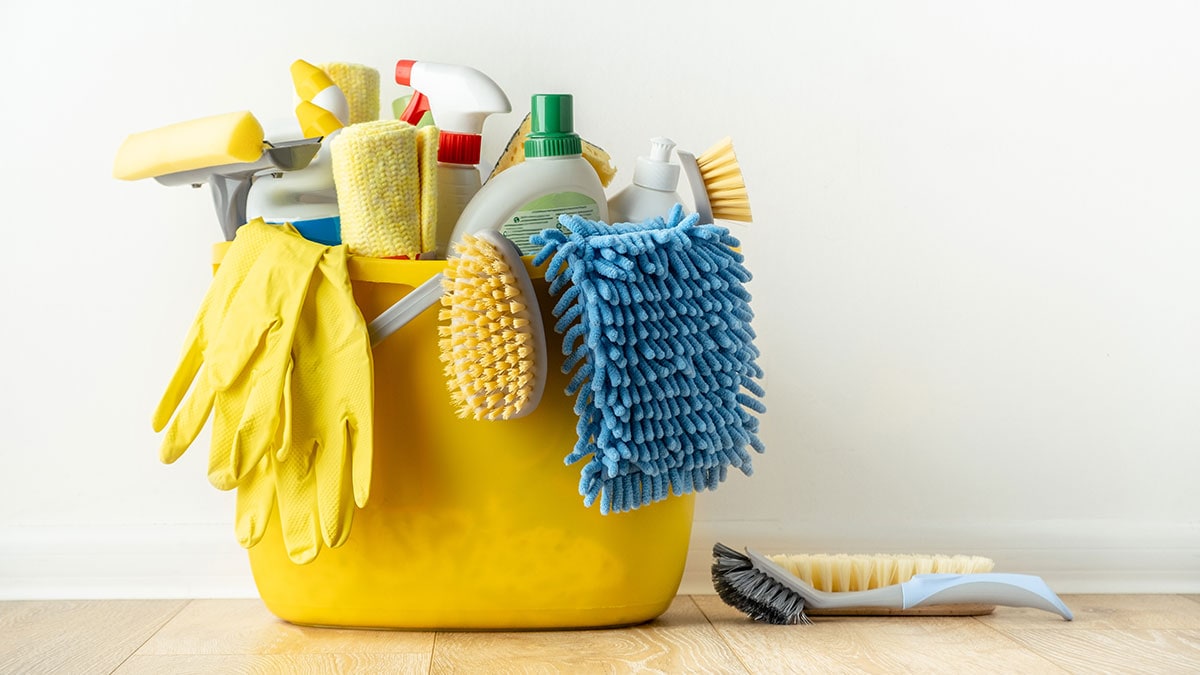
Take steps to protect yourself and your loved ones during your cleanup after a hurricane, flood, or other natural disaster. Follow our cleanup tips and monitor your radio or television for up-to-date emergency information.
- Stay away from damaged buildings or structures until they have been examined and certified as safe by a building inspector or other government authority.
- Leave immediately if you hear unusual noises that signal that the structure may fall or if you smell gas or suspect a leak.
- To prevent illness, disinfect and dry buildings and items in them. This will prevent growth of some bacteria, viruses, mold, and mildew that can cause illness.
- Always wash your hands with soap and boiled or disinfected water before preparing or eating food, after toilet use, after participating in cleanup activities, and after handling articles contaminated by floodwater or sewage.
- Wear safety gear, including N95 masks, boots, and gloves when needed.
- Never use electrical tools while standing in water.
- Work in teams and take breaks. If it's hot outside, drink water often.
Learn more:
- Guidelines for Cleaning Safely After a Disaster
- How to Safely Clean and Sanitize With Bleach
- What You Can Do to Protect Your Respiratory Health During Disaster Cleanup
- Pressure Washer Safety
- Chain Saw Safety
- Guidelines for Protecting Yourself From Chemicals After a Disaster
- Safety Guidelines: Disposing of Dead Animals After a Disaster
Stay safe during a power outage
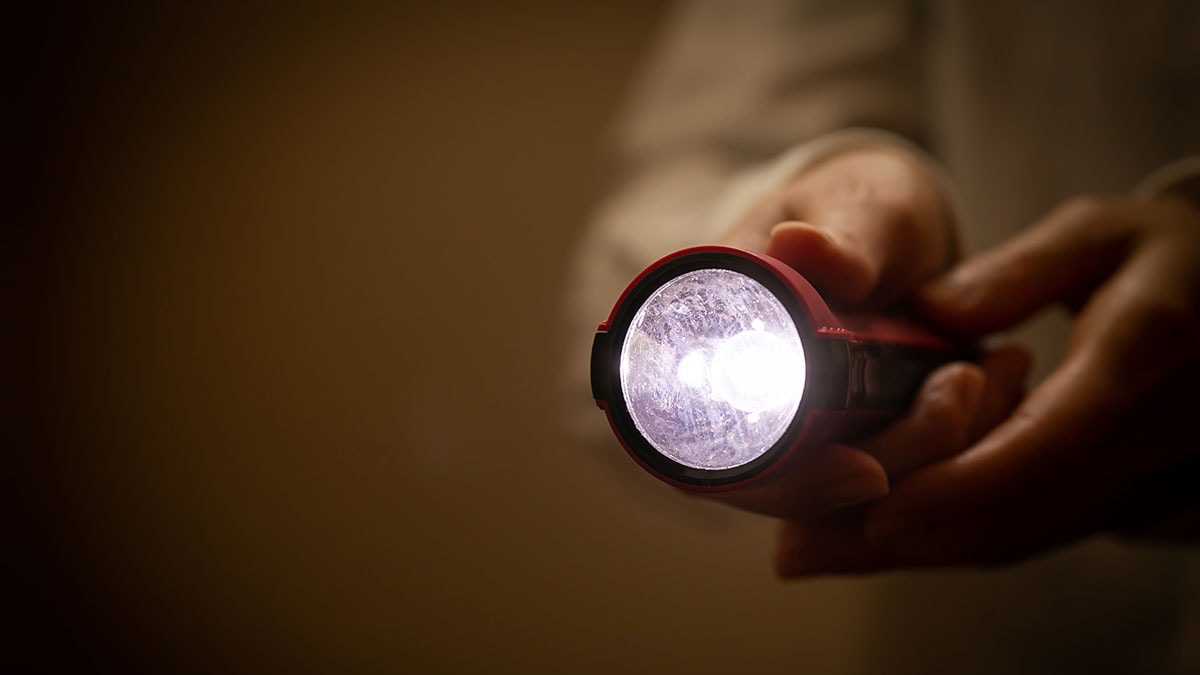
During a power outage, you may face a number of hazards that can affect your health and safety.
- To prevent carbon monoxide poisoning, use generators, pressure washers, grills, and similar items outdoors only. Generators should be used at least 20 feet away from your home.
- If possible, use flashlights or other battery-operated lights instead of candles. If you use candles, be sure to put them in safe holders away from flammable items. Do not leave a burning candle unattended.
- Identify and throw away food that may not be safe to eat.
- Check with local authorities to be sure your water is safe.
- In hot weather, stay cool and drink plenty of fluids to prevent heat-related illness.
- In cold weather, wear layers of clothing, which help to keep in body heat.
- Avoid downed power lines. If a power line falls on a car, you should stay inside the vehicle.
Follow additional tips to help you prepare for and cope with sudden loss of power.
Learn more:
Protect yourself from insects and stray animals
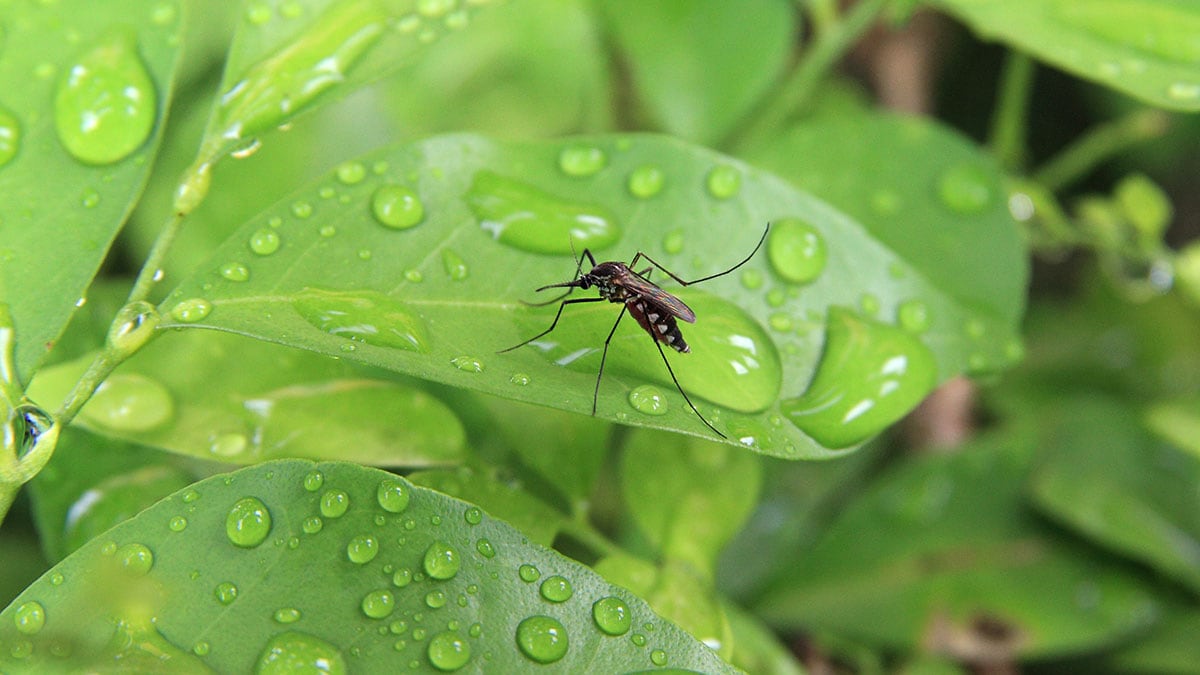
Protect yourself from insects and wild or stray animals after natural disasters.
- Avoid wild or stray animals.
- Call local authorities to handle animals.
- Secure all food sources and remove any animal carcasses.
- Get rid of dead animals, according to guidelines from your local animal control authority, as soon as you can. See Safety Guidelines: Disposing of Dead Animals for answers to frequently asked questions.
Learn more:
Protect yourself from electrical hazards
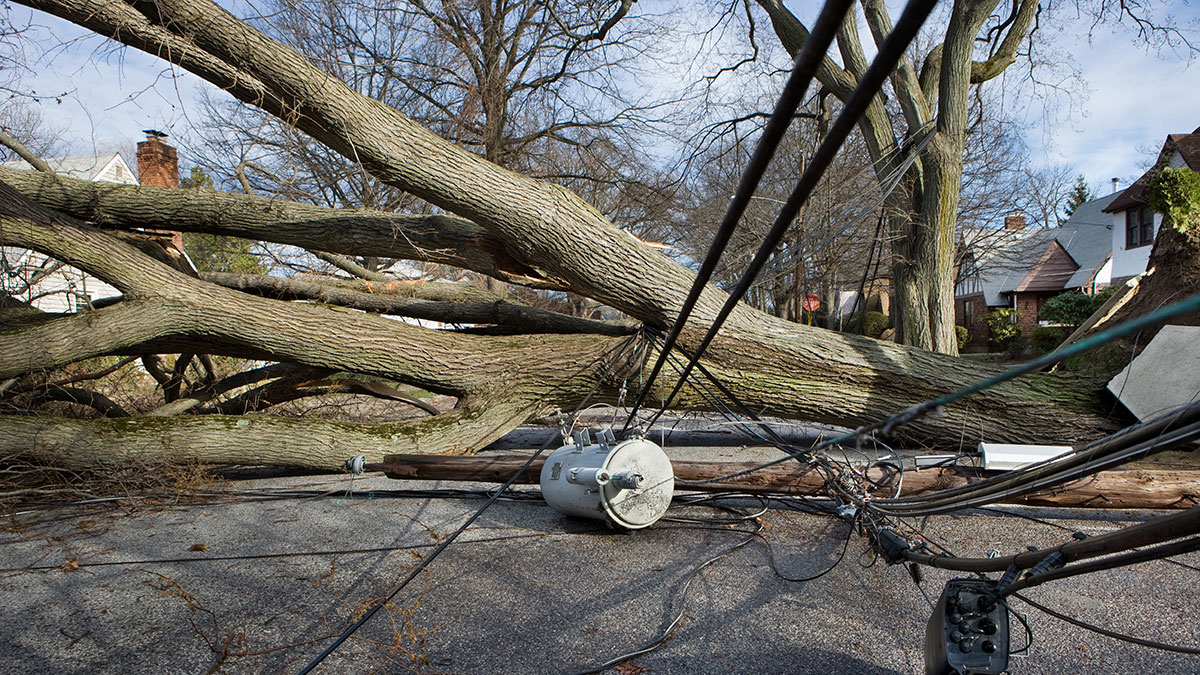
Take steps to protect yourself and others from electrical hazards after a disaster.
- Never touch a fallen power line.
- Do not drive through standing water if downed power lines are in the water.
- If you believe someone has had electric shock, call or have someone else call 911 or emergency medical help.
Learn more:
